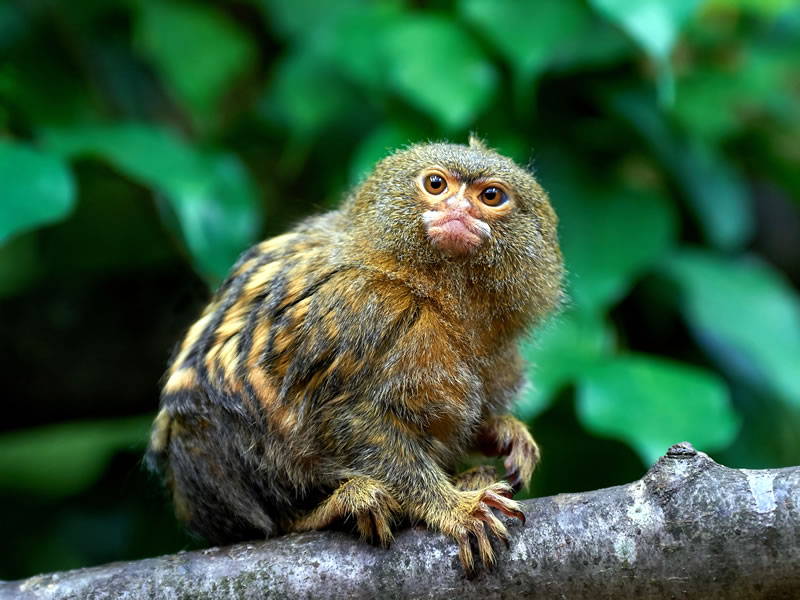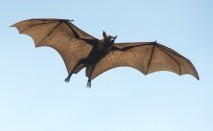
Category: Mammals

Pygmy marmosets (Cebuella pygmaea), also known as pocket monkeys or finger monkeys, are native to South America. They grow to a length of about 6” including their tails. The thought of having a tiny monkey as pet might be appealing, but all monkeys are demanding pets, and pocket monkeys, like many other larger monkeys, can grow to be aggressive or hard to control as they get older (and depending on where you live, they may also be illegal, as well). The average life span of the pocket monkey in the wild is 11-12 years; in captivity it can get closer to 20 years. In the wild, these little 3-5 oz. 6” monkeys spend most of their time in trees and can leap about 5 meters (over 16 feet) from tree to tree. They also can leap into the next room from the perch on your finger, or right out the window. To get an idea of what his means, if you are 5’ 9” tall and if you could leap like a pocket monkey, you could jump 2,300 feet. At a track meet, you’d jump out of the stadium!

Bats: The Only True-Flying Mammal
Bats, the only mammal capable of true flight, are not blind - their eyes are just fine, thank you very much. But instead of eyes, most bats rely on an incredibly fine-tuned sense of hearing when they fly and hunt. Using a technique called echolocation, they emit high-pitched calls (usually above the range of human hearing), using the echos that are reflected back to them as a means of navigation and locating objects. The ears, auditory cortex, and (in a few cases) even noses of some bats are extraordinarily specialized for echolocation; there are even bats that have adapted the frequency of their calls to frequencies above or below what their favorite prey can hear!
Learn more >>
 Discover Animals is a web-based educational resource offered by the NAIA
Discover Animals is a web-based educational resource offered by the NAIA